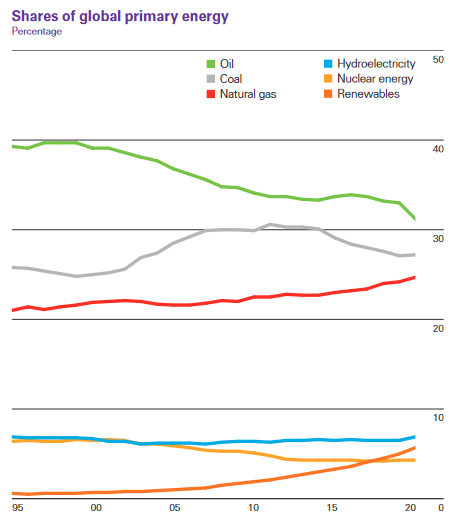Three articles casting doubt on the validity of economic knowledge.
Dirk Bezemer describes the shifting opinions of Dutch economists. Since the coronavirus pandemic, the majority thinks government debt can rise to 90% of GDP without causing problems. Few believe the 60% debt-to-GDP ratio of the Maastricht Treaty is a sensible ceiling. Compare that to December 2019, when planners at the CPB wrote that ‘sustainable’ government finances would stabilize debt at 25% of GDP. Thinking has also shifted about topics like the flexibility of the labor market, taxation and the climate responsibilities of the ECB. All of this raises questions about what economists really “know”. Is all of it politics dressed up as “neutral science”? Bezemer exposes the secret:
“The consensus among policy economists, including those at universities and research institutions, appears to correspond surprisingly well with current policy. That what becomes politically opportune, or simply happens, is suddenly embraced by many economists as being sensible and responsible.” (own translation)
JW Mason is pessimistic about macroeconomic theory:
“What is taught in today’s graduate programs as macroeconomics is entirely useless for the kinds of questions we are interested in. (…) [Macroeconomics education] provides no preparation whatsoever for thinking about the substantive questions we are interested in. It’s not that this or that assumption is unrealistic. It is that there is no point of contact between the world of these models and the real economies that we live in.”
This explains Bezemer’s secret: when the models don’t put constraints on what we expect to happen in the real world, it’s convenient to follow popular opinion of the people in charge. Instead of rigorous science, policymaking relies on “a kind of folk wisdom — low unemployment leads to inflation, public deficits lead to higher interest rates, etc.”. Like Bezemer, Mason concludes that
Keynes got a lot of things right, but one thing I think he got wrong was that “practical men are slaves to some defunct economist.” The relationship is more often the other way round. When practical people come to think about economy in new ways, economic theory eventually follows.
Bezemer and Mason are not two disgruntled outliers. A survey of almost 10,000 economic researchers found that most are dissatisfied with the status quo, in terms of research topics and objectives.

